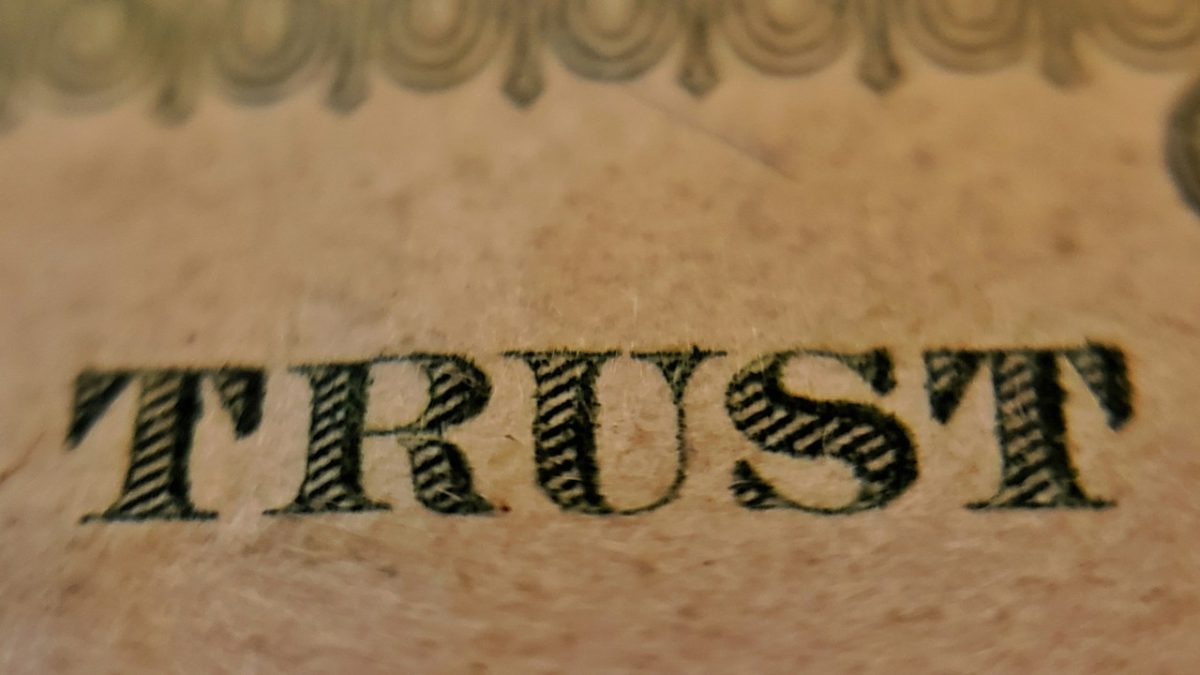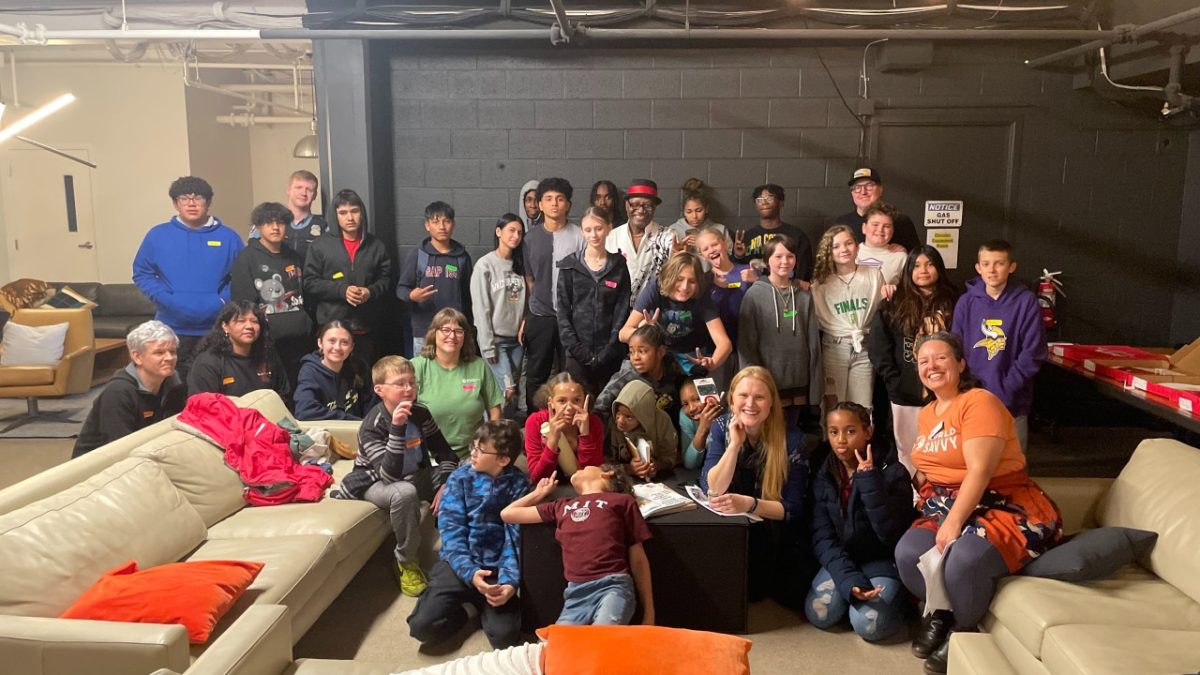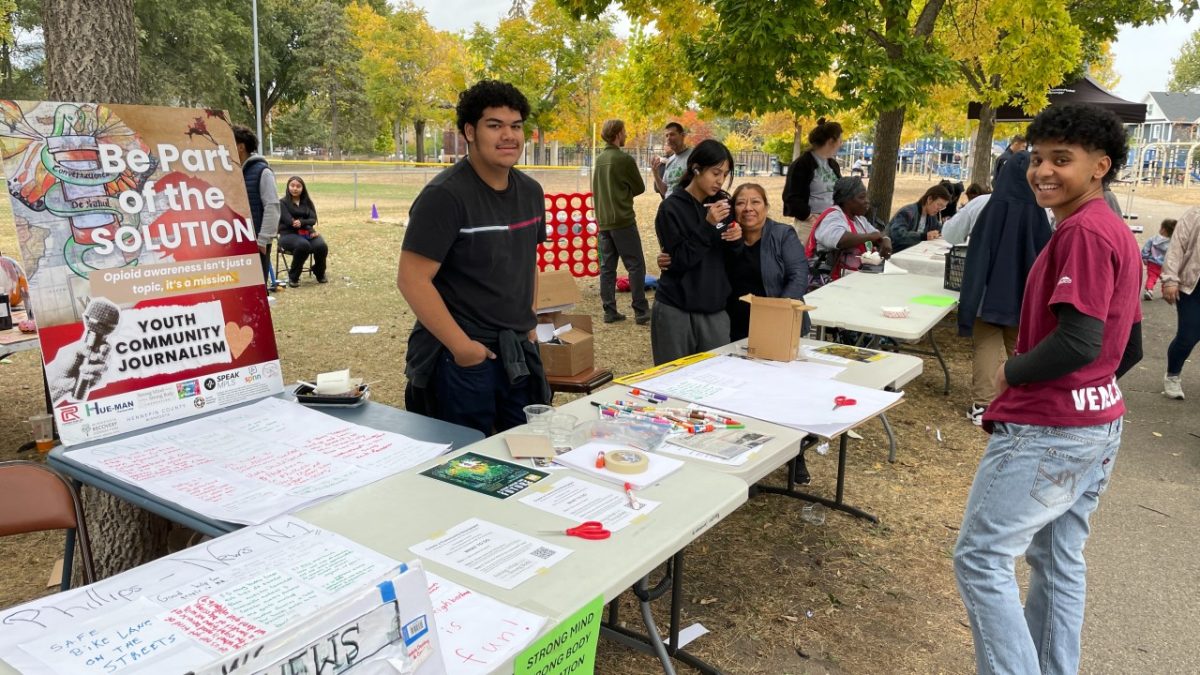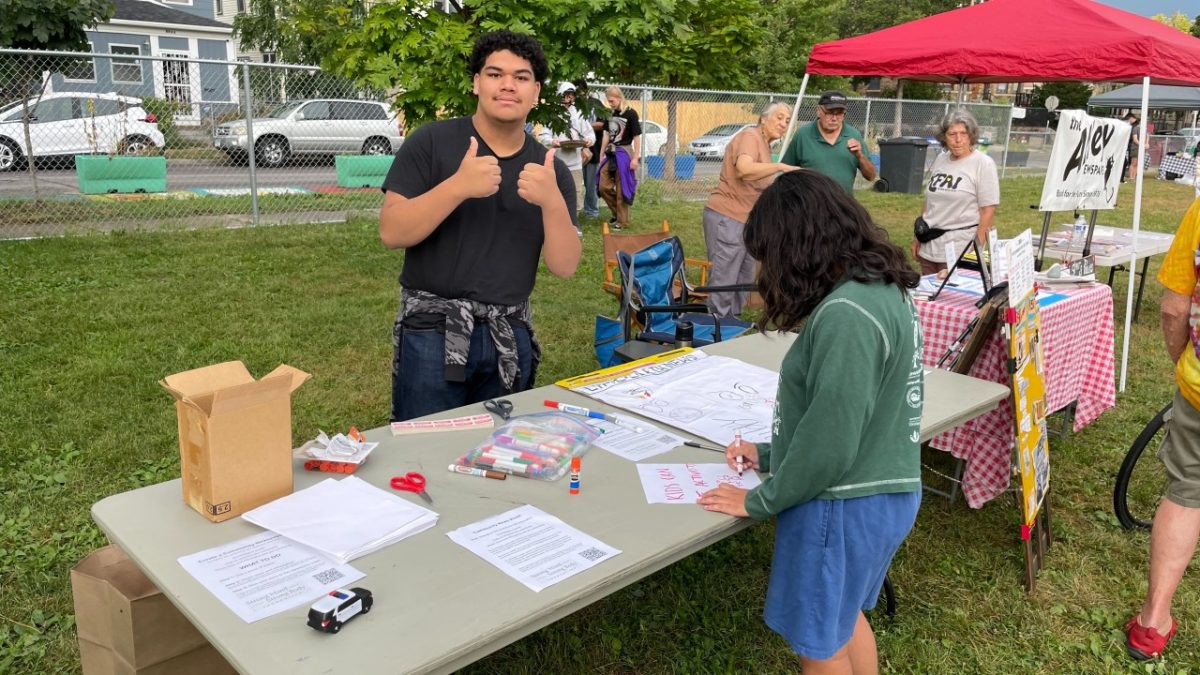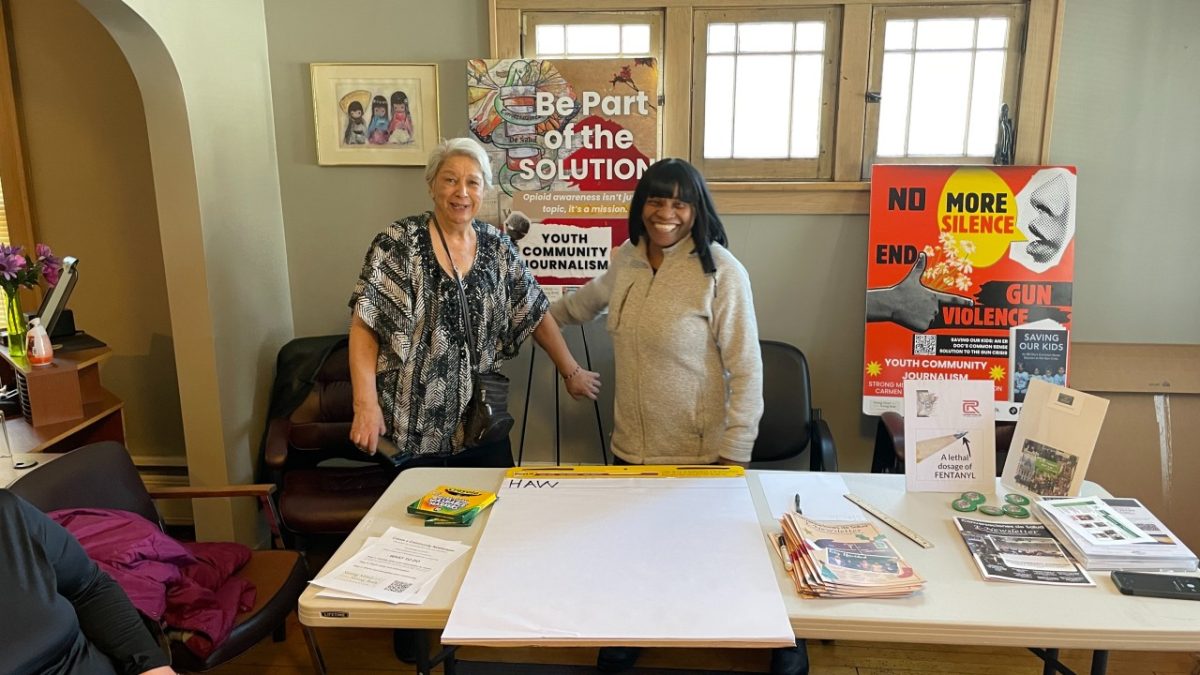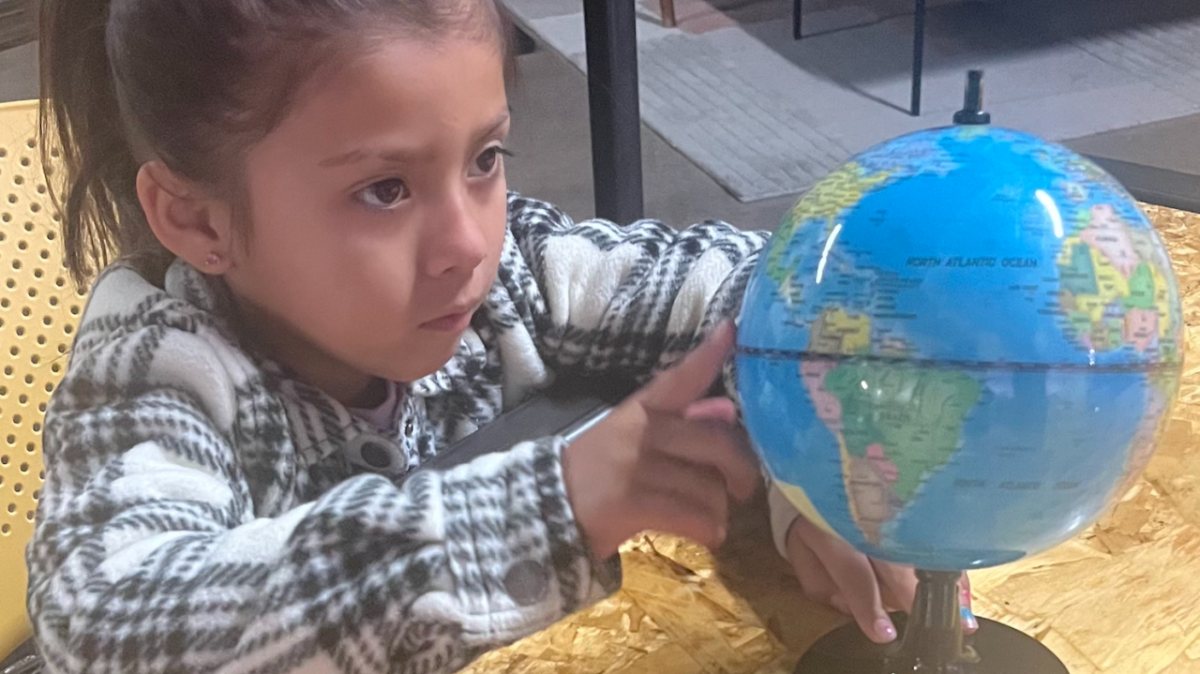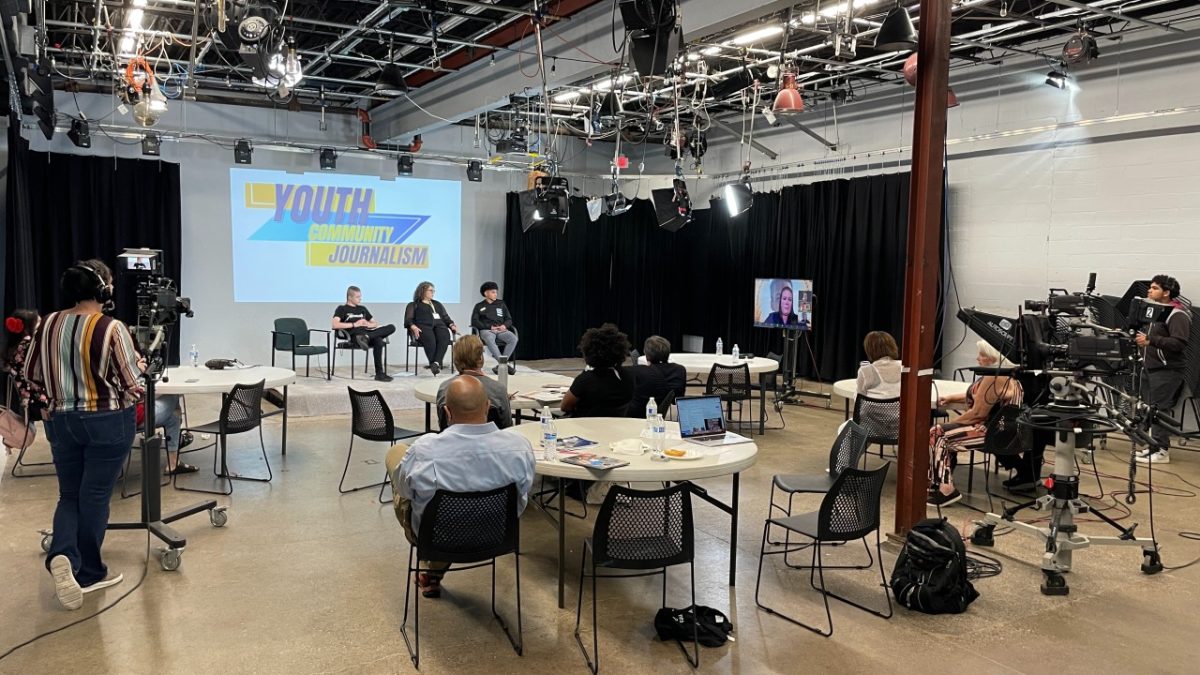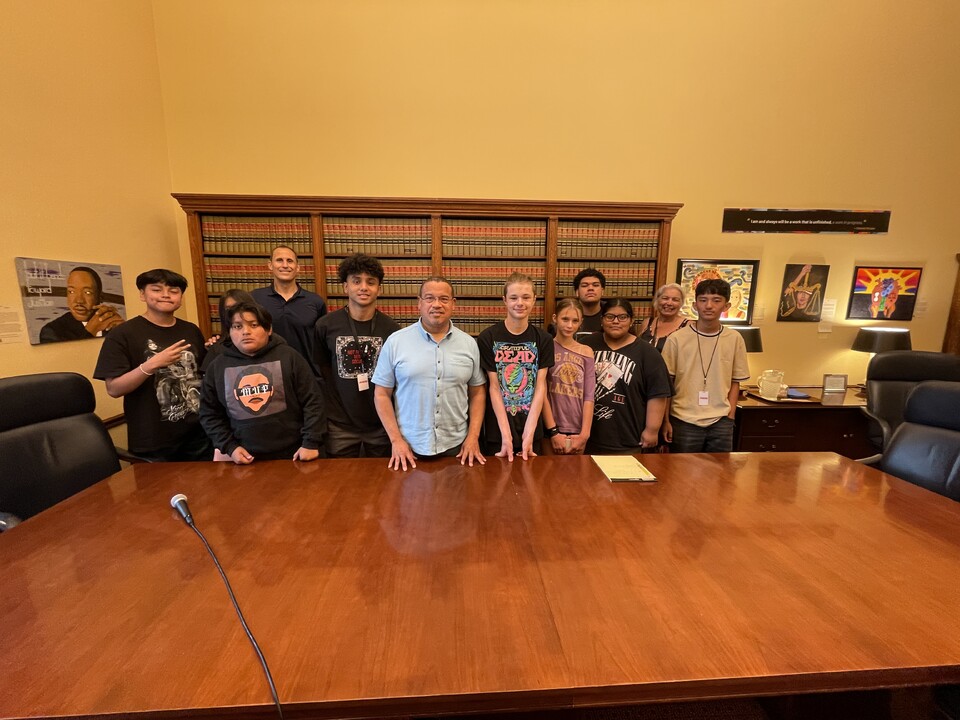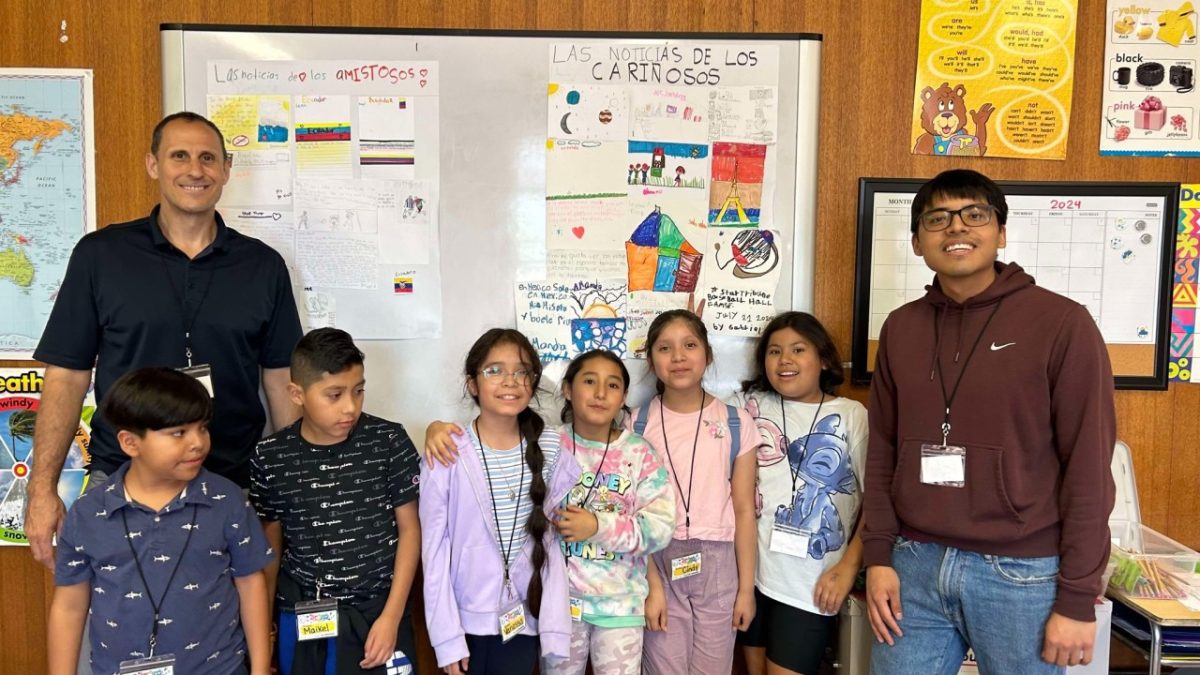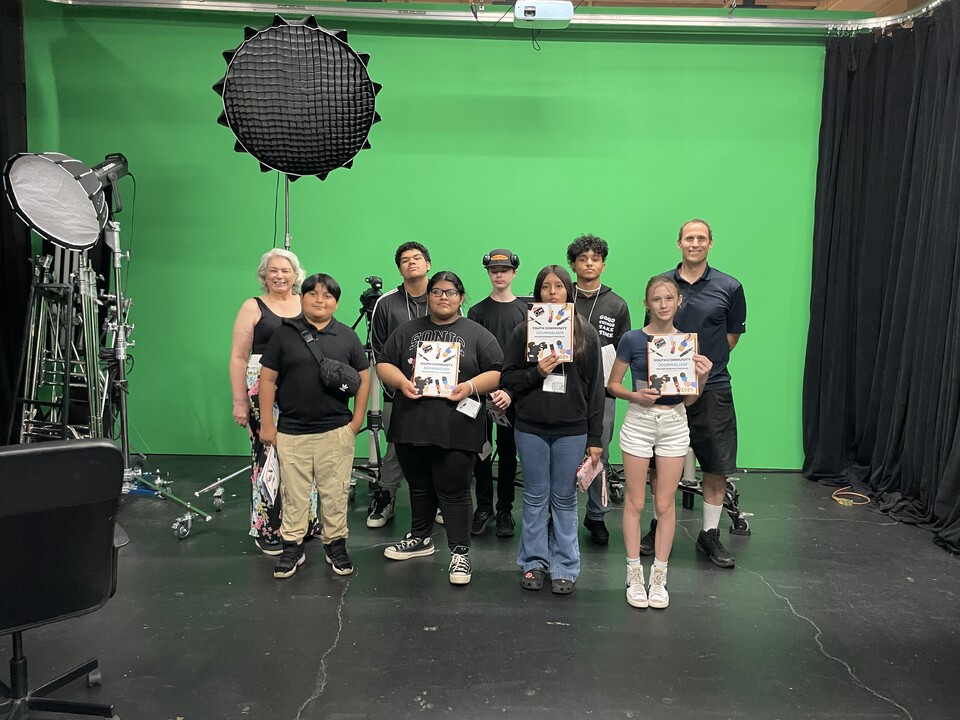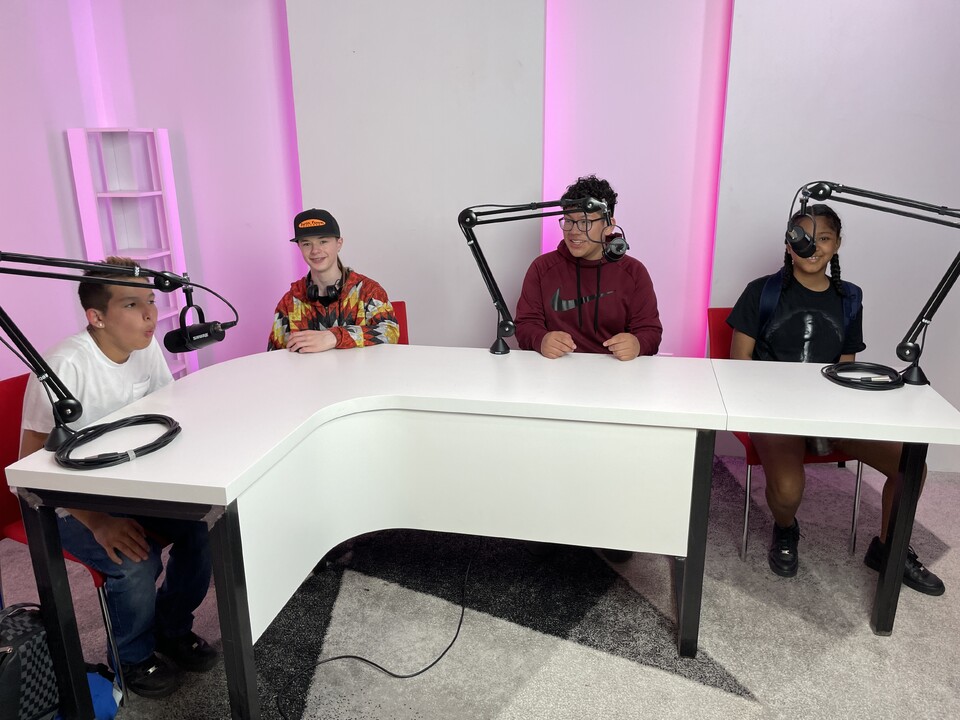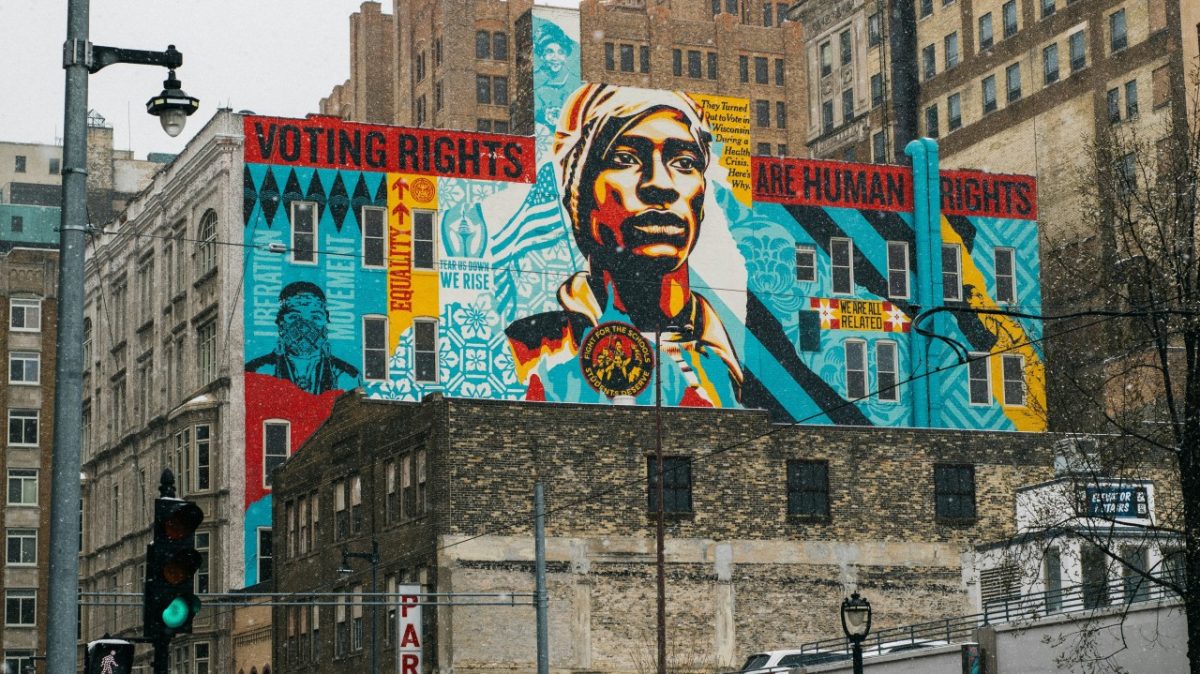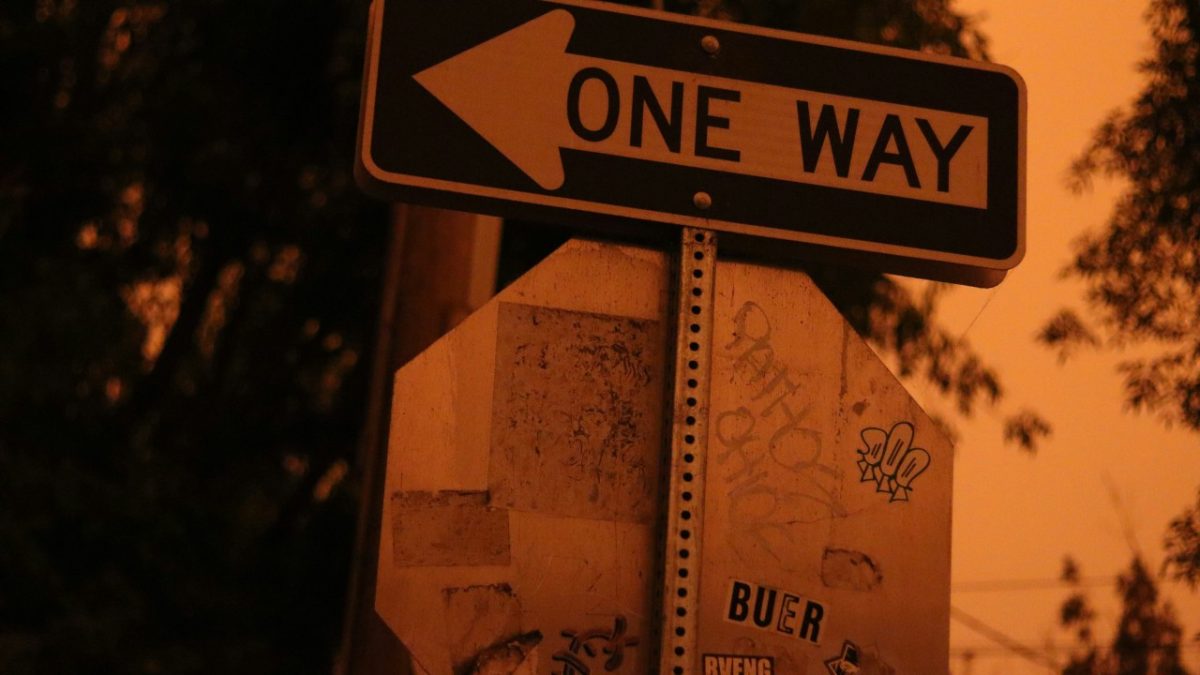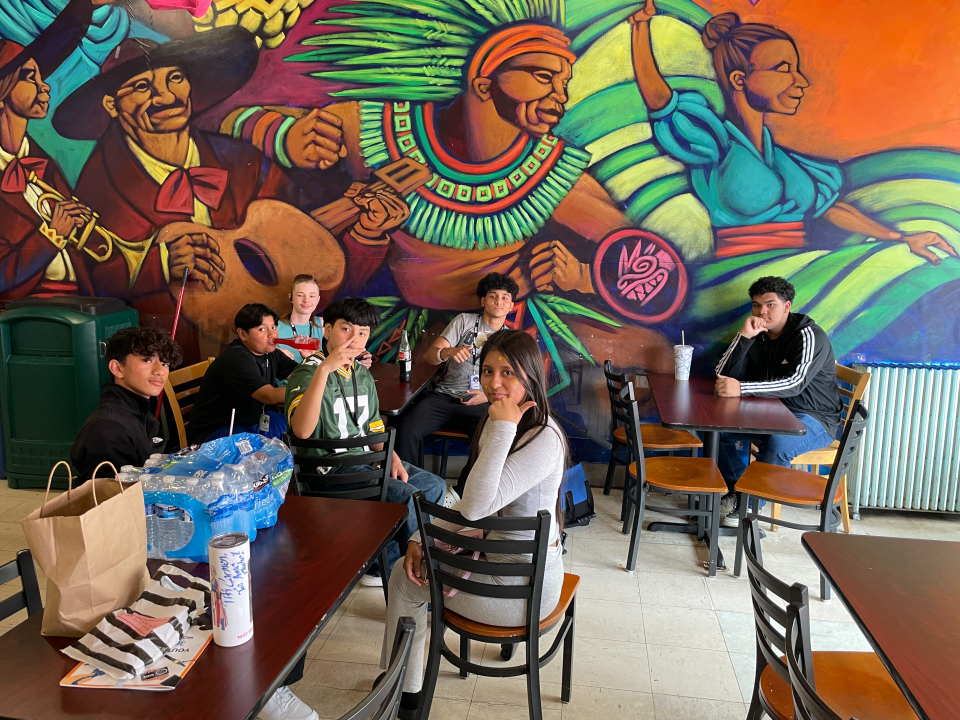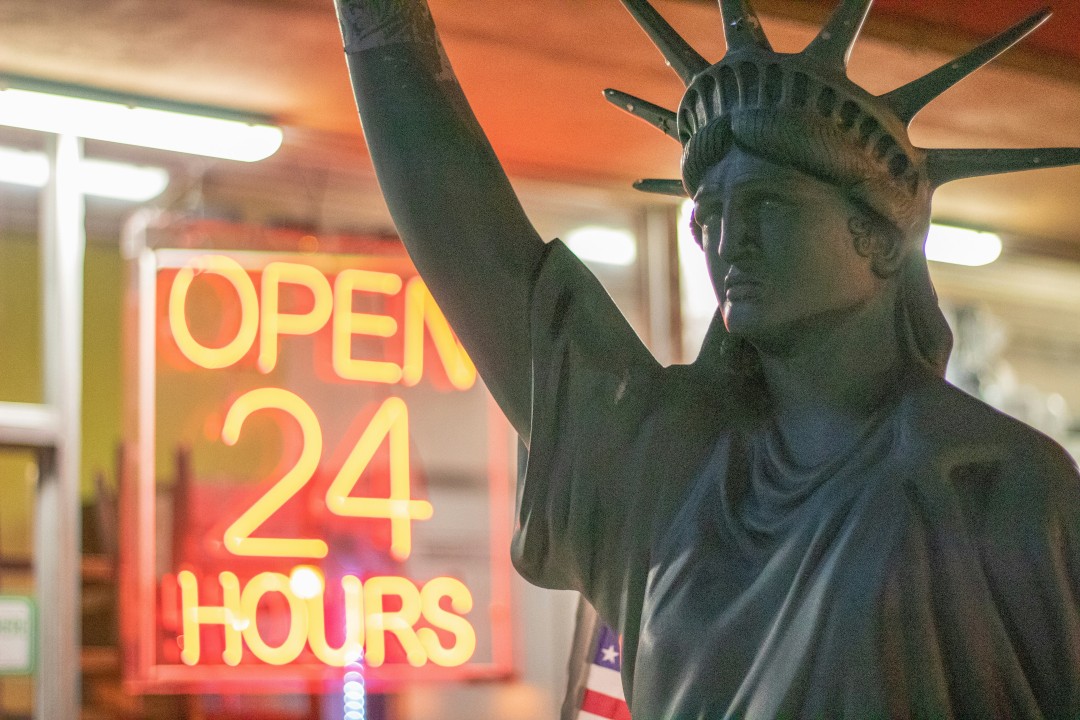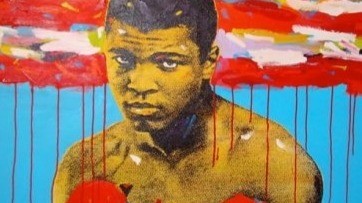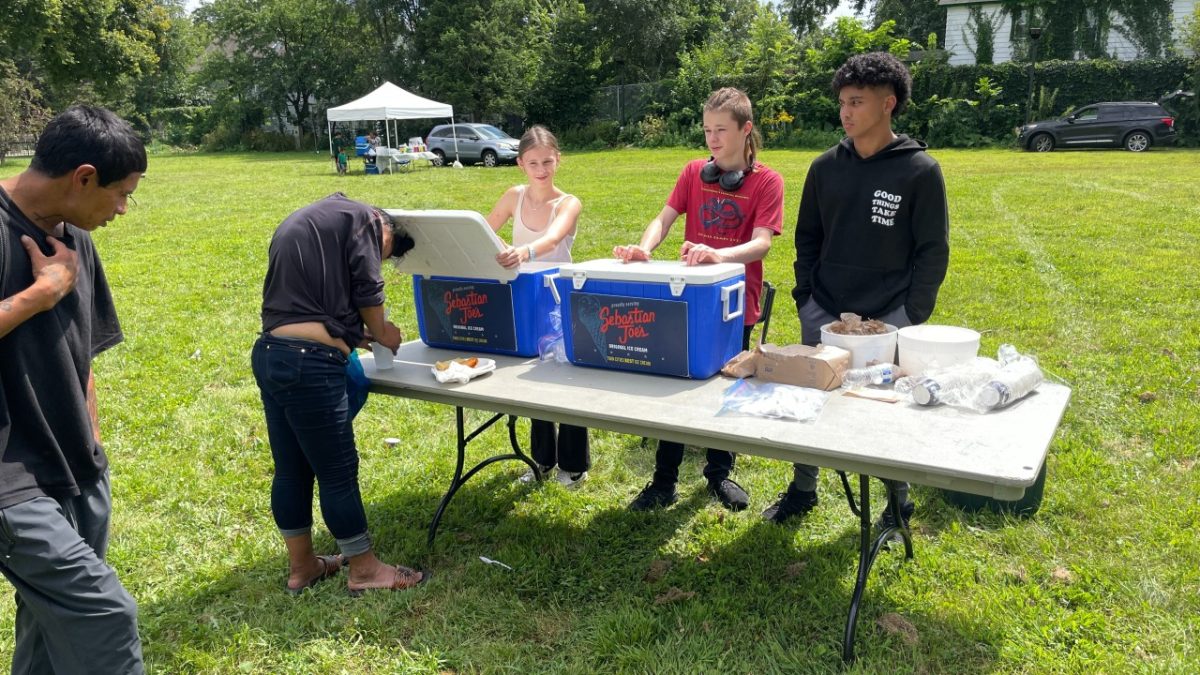Muhammad Ali was not exaggerating when he called himself “the greatest of all time.”
He was being modest.
That’s because Ali was more than a heavyweight champion boxer. He was also a conscientious objector, philanthropist, activist, diplomat, and humanitarian.
The Greatest is still making an impact today.
“If people from outer space came to Earth, and we had to give them one representative of our species to show them our physical prowess, our spirituality, our decency, our warmth, our kindness, our humor, and most of all our capacity to love, it would be Ali,” comedian and social critic Dick Gregory once said.
Ali was committed to fighting injustice beyond the boxing ring and believed that greatness could be found in all people. In 2005, he and his wife, Lonnie, founded the Muhammad Ali Centerin their hometown of Louisville to inspire people to reach their greatness.
The spirit of Muhammad Ali, who passed away in 2016 at the age of 74, lives on through the work of the Muhammad Ali Center and those who fight for justice for all.
One of those pieces of work is The Muhammad Ali Index, a national study on compassion. This groundbreaking, data-driven project at the Muhammad Ali Center aims to lead the conversation on compassion and help communities build a more compassionate world.
The 2025 Compassion Report, the inaugural publication of the Muhammad Ali Index, examines the current state of compassion in the United States.
It identifies cultural and behavioral trends, introduces a compassion metric, and highlights the challenges and opportunities for fostering compassion across six key sectors: spirituality, self-care, education, health care, sports, and politics.
The report surveyed 5,400 Americans in 12 metropolitan cities around the country and found:
- 61% of people feel compassion has declined since 2020.
- 43% are optimistic about the future of compassion in America.
- People have more compassion for family (74%) and friends (68%) than themselves (67%).
- 82% of people still believe the American dream is relevant.
- 33% of people believe compassion is a core part of the American dream.
- The majority (60%) want to learn about compassion from everyday people, rather than political leaders, social leaders, or experts.
It’s no surprise that America has work to do to become more compassionate.
But there is some good news. Over the past five years, compassion-related online searches have skyrocketed by 4,000 percent, signaling a growing national interest in empathy and understanding.
The Muhammad Ali Index reveals four key insights for the future of compassion in America.
✅ Despite widespread polarization, compassion still exists in the U.S.
✅ Compassion is a muscle that can be strengthened and a skill that can be taught through action.
✅ Self-compassion is the foundation of all compassion.
✅ Healthcare, housing, and childcare investment are critical.
As Lonnie Ali wrote in an open letter to America:
“In our darkest moments, our humanity shines brightest.
When disasters strike or conflict rages, our communities show up, with love and resolve, guided by the unwavering light of collective compassion.
When a child falls, we don’t stop to ask how they look, live, or pray. We lift them up, because that’s the very soul of who we are.
Muhammad believed in every one of us. He showed us that true greatness is defined not by who we knock down, but by how many we lift up.
As he said, “service to others is the rent you pay for your room here on Earth.”
When we feel fractured by fear, compassion isn’t just an option – it’s a necessity. Compassion invites us to face our fears with curiosity, fostering the courage and empathy to truly step into someone else’s shoes. Compassion is a bridge, helping us move forward by finding common ground and understanding across divides.
Our collective decision to act with compassion is the antidote to division, polarization, and hate. Compassion is more than a feeling. It’s a skill we can measure – a muscle we can strengthen.
As Muhammad knew, even the smallest act of kindness is a spark, powerful enough to ignite a flame that can transform the world. Now is the time to ignite that flame.
Join me in signing the Ali Compassion Pledge.
Every hand we lift, honors the greatness within us all.
Commit to meeting hate head-on with compassion. It never failed Muhammad, and it won’t fail you.”
Now is the time to become a champion of compassion.
Photo credit: Photo of Muhammad Ali by pop artist John Stango. (Mimi Eberfeld/Wikimedia Commons)
Compassion Can Build Community and Revenue

Every compassionate action can help us build a more compassionate world.
Compassion also can create more economic opportunities, especially at the grassroots community level.
The Strong Mind Strong Body Foundation‘s Youth Community Journalism Institute is focused on creating community solutions.
A 12-year-old girl on our youth community journalism team has a talent for designing nails.
A few weeks ago, a family invited her to a senior care living facility in St. Paul, Minnesota, to give the matriarch of their family a manicure.
The woman suffers from dementia, and the manicure brightened her day.
The nail service also brought joy to the youth and put some money in her pocket.
We plan to have more intergenerational programming like this nail service that brings youth and seniors together in Ramsey and Hennepin counties as part of our Strong Mind Strong Body Foundation work.
Both individuals from different generations can benefit from the experience of each other’s knowledge and perspectives.
Youth can develop their talents/skills while offering their service and companionship to seniors. This can be good for the mental health of both the young person and older adult.
We are going to incorporate a storytelling component and allow elders to share their life stories (if they want) while getting their nails done (or whatever youth service is offered).
We can record the audio and video to document these elder character portraits and family histories, or “Roots Reports.” Then we can provide the stories to their families for a fee as part of the nail service.
Both youth and elders can learn from each other while we develop another revenue stream for the Strong Mind Strong Body Foundation and our Youth Community Journalism Institute.
‘Investing in the Future of Our Communities’
What motivates you to give, and how does it impact your sense of purpose?
How can we ensure our giving leads to long-term positive outcomes for individuals and communities?
What small, actionable steps can we take as individuals to build a more compassionate collective society?
These questions were part of our sixth episode of the “Youth Community Journalism.” Produced at SPEAK MPLS in Minneapolis, the show focused on giving and how we can strengthen communities through compassion.
Youth Community Journalism — Episode 6: Building Compassionate Communities
Our guests:
Kali Pliego, Minneapolis crime prevention specialist
Juan Linares, Mercado Central cofounder and community leader
Steph Serrato BSW, MPP, community engagement specialist, local nonprofit
Youth community journalists (ages 9-15) from the youth community journalism team at the Strong Mind Strong Body Foundation’s Youth Community Journalism Institute talked with the guests about these questions.
Our hosts:
Jesus Rojas, grade 10, age 15, Edison High School
Cal Ortiz, grade 4, age 9, Risen Christ School
Yareli Peña Howard, grade 8, age 13
“I do believe as a community we are all interdependent on each other,” said Kali Pliego. “But that means it’s not just there are people that are the people who help and then there there’s the people who receive. No, we all help, and we all receive. And so I like to get people into the mentality of what can I offer as well as what do I need to receive from others.”
“Compassion is such a beautiful topic to talk about, but it’s also I think a hard topic to talk about because it looks different for everybody,” said Steph Serrato. “So compassion to me means caring about myself and also caring about others because if I don’t take care of myself, I can’t help others and so having compassion for people really means that we all are caring about what’s happening in the world and also caring about what’s happening around ourselves.”
“As a board member of Central Guadalupano [a nonprofit in Minneapolis that provides human and social services for immigrant and refugee families], we always are facing challenges in terms of how do we keep this program that is an important program in the community,” said Juan Linares. “It’s an afterschool program, and it’s a wonderful resource for working families that will help also their kids to get ahead in school. That program is a program that not just helps them to do homework or be mentored in math science or any other subjects, but also they give them an opportunity to learn an instrument and also they also get some English language classes to improve their English. Most of these kids are from fifth and sixth grade, but the idea is to maintain this program, which is housed in south Minneapolis. … Folks who have the opportunity to support programs like this [need] to look at as an investment because we’re investing in the future of our communities and what better investment can you make to invest in the future of children. … Now is a wonderful time to give back, and the best way to give back is by making an investment on programs like this that will encourage and nurture children to continue becoming not just good students but also who knows the next doctors, the next scientists, or the next president. So please if you can, contribute.”
Humanity Is Our Business
Manu M. Lewis is a community leader in Minnesota who has been working on the frontlines of community pain in Minneapolis and St. Paul for over a decade.
A few years ago, we were talking about public safety in Minneapolis and what needed to be done for local leaders and community members to put their differences aside and work together for the common good.
The message remains relevant today.
“We need to go back to humanity,” Manu said. “Find the commonality in our humanity. Our basic humanity. We are trained to think in the other. If we look at things through the lens of human beings, we can take a human approach to what safety looks like.”
This means looking at everyone as a human being first. Not as a Democrat or Republican, Black or White, Muslim or Jew, rich or poor. After we remove the identity labels of politics, race, religion, class, and wealth — how people often are defined — we can start listening. Even if we disagree with the voices, we can see the humanity. Then, we can seek common ground. This is how we build human solidarity.
We start from a place of humanity. But throughout history, the idea of “otherness” has started from a place of difference. People get treated as “the other,” or different from “us.” It alienates them from us, moving them, the others, to the margins of society. This othering is how people become marginalized and communities become dehumanized.
Ubuntu is an ancient African word meaning “humanity to others.” It means “I am what I am because of who we all are,” or “I am because we are.” Ubuntu stresses the importance of community and building a culture of human solidarity. It recognizes the interrelatedness of people and how we share a mutual responsibility. It is the opposite of othering and the essence of humanity.
Manu’s life is all about ubuntu. After years of dealing with crime, incarceration, and death, he made a lifestyle change in 2010. He has been a “soul medic” for the Department of Health, done gang intervention work, and been a community engagement expert with the Minneapolis Police Department.
Manu continues to engage with the communityand do right to people as a restorative process practitioner and lifestyle healer as the CEO of . He understands the power of giving everyone a voice because many communities historically have been left out of the conversation.
“Someplace between apathy and anarchy is the stance of the thinking human being,” Rod Serling, the creator of “The Twilight Zone,” once said. “He does embrace a cause. He does take a position, and can’t allow it to become business as usual. Humanity is our business.”
The ubuntu spirit is what we need right now. A little community engagement can help a lot. Small, positive human interactions can have a ripple effect on the community.
Remember, we are all human.
And love wins.
